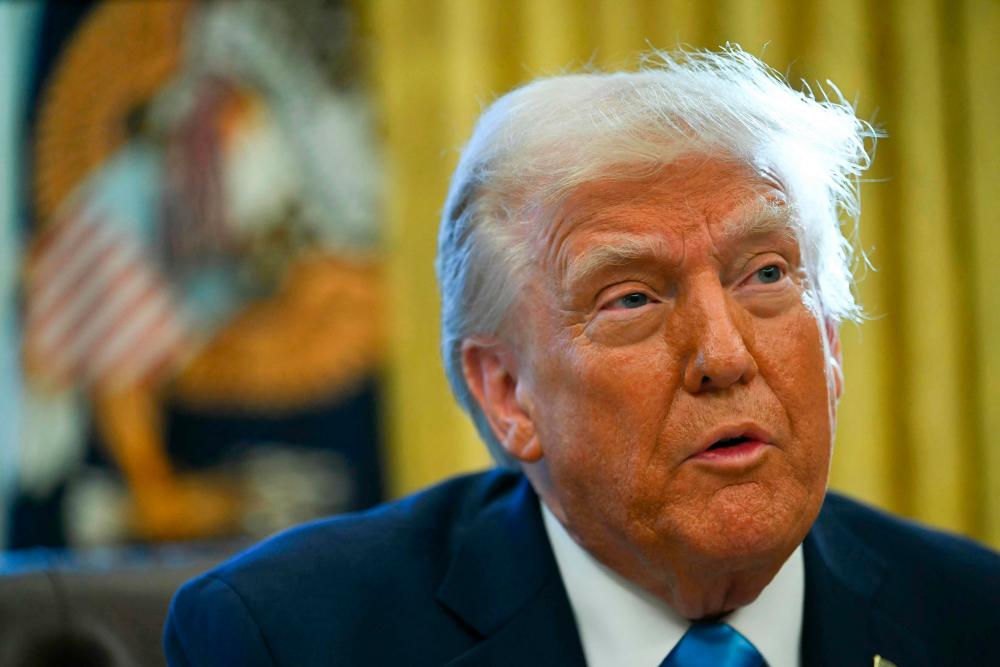GENEVA: Several UN agencies voiced alarm on Tuesday at US President Donald Trump’s decision to freeze nearly all foreign aid, saying “confusion” reigned over what the full impact would be.
Shortly after his inauguration last month, Trump signed an executive order implementing a 90-day pause in US foreign development aid.
His administration later issued waivers for food and other humanitarian aid, but aid workers say that the impact is already being felt by some of the world’s most vulnerable.
“There is a state of confusion to be frank,“ Jens Laerke, a spokesman for United Nations humanitarian agency OCHA, told reporters in Geneva.
“The US administration (is) creating the confusion for us, because we are getting not very detailed instructions of what is supposed to go, and what is supposed to not go.”
Adding to the confusion, Elon Musk, the world’s richest person and a Trump close adviser, said Monday that the giant USAID humanitarian agency will be “shutting down” as part of his radical -- and critics say unconstitutional -- drive to shrink the US government.
USAID is the aid arm of US foreign policy, funding health and emergency programs in the world’s poorest regions. It has long been a close partner of many UN agencies and programmes.
- ‘Benefits entire world’ -
The United States has by far been the world’s largest foreign aid donor in dollar terms, and the sudden aid freeze and confusion has already upended global aid.
Last year, Washington contributed a full 47 percent of the UN’s global humanitarian appeal, or around $14 billion, UN spokeswoman Alessandra Vellucci said.
Asked why the United States appeared to be covering so large a proportion of global aid, Laerke pointed to the giant size of the US economy.
He also stressed that OCHA and other UN agencies had tried to broaden their donor base for years.
“This is something that benefits the entire world... Of course, we would like more contributions to that,“ Laerke said.
Pio Smith, Asia-Pacific director for the UN agency for sexual and reproductive rights, UNFPA, warned the US cuts were expected to have particularly dramatic consequences in Afghanistan.
“In Afghanistan, over nine million people will lose access to health and protection services,“ he said.
Afghanistan is already one of the deadliest countries in the world for women to give birth, he said, pointing out that a mother there dies from preventable pregnancy complications every two hours.
For Afghanistan, “between 2025 and 2028 we estimate that the absence of US support will result in 1,200 additional maternal deaths and 109,000 additional unintended pregnancies”, Smith said.









